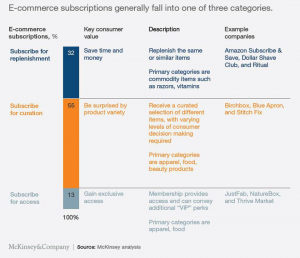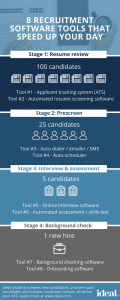What qualities are essential and what CFOs should really focus on
There was a recent discussion topic on Proformative.com titled “The Ideal CFO Skills” . It evolved from a question by a Proformative member trying to get a better understanding of what CFOs should devote their time to and what basic skills they must possess in order to do so. The question was based on an article in CFO.com by David W. Owens about skill sets provided by a recent CFO survey. The main categories given were: Strategist, Catalyst for Change, Steward and Administrator.
Proformative readers were asked to form their own opinion on how much time CFOs should devote to each category and why. There were many responses to this question and the general opinion was that the “Strategist” was a critical category where CFOs must be able to continually analyze the performance of their organization using planning as a tool of reference, while also being a catalyst of change, usually in conjunction with the first category’s activities.
In my many years in accounting, finance, and upper management I have seen the CFO role evolve from the top accounting and finance person in the company to the CEO’s partner. It used to be that if you wanted to become a CFO of an organization, your career path had to often start as a staff accountant, moving through the ranks while gaining experience and taking on greater responsibilities with each career advancement. You often had to be a CPA (in the US) in order to be considered for the CFO position.
This has all changed in the last 10 – 15 years. Many CFOs in a variety of industries are not accountants by trade. Some have sales and marketing background, others advanced to the position from operations management or the legal department.
CFOs are often the second in command at the organization, directly report to the CEO and in close contact with the company’s Board of Directors, investors and shareholders, and industry financial analysts. It is common nowadays to see the accounting, finance, IT, Legal and HR departments report to the CFO.
The four skill categories given in the Proformative board discussion are all very important, but some of the activities in each category must be delegated more than others in order for the CFO to meet his or her objectives.
Strategist is by far the most important skill category. The CFO must work very closely with the company’s CEO while interacting with other members of senior management in order to clearly understand the organization’s performance, analyze it against pre-determined goals and milestones and be able and willing to affect change. This is where the second skill category mentioned comes in: Catalyst for Change.
The CFO must continually search for ways for the organization to adapt to changes in the company’s market place, its customers, product or service lines offered vs. actual or forecasted demand, existing and competitors’ technologies or product offerings, legal and moral issues and changes in the general economy. These continuous changes must be performed timely but always thoughtfully and with solid data backing up each change.
In being a Catalyst for Change the CFO must earn the company’s respect and trust, as in doing so, changes will be embraced by all levels of management and can actually take place within the planned timeframe and budget.
Stewardship, the third skill category pertains to all levels of management, CFO included. This is what separates a great organization from all other companies. The CFO, backed up by the CEO and with the help of senior managers can set that example. In turn, this will trickle down through the ranks and will make every employee feel they are cared for and appreciated. The results are often profound.
And finally, Administrator is an important skills category. It requires the CFO to not only be organized and well disciplined, but also able to instill these skills and traits in other managers of the company, and most importantly teach them to pass on these traits to their direct reports and to all company employees.
To make these skill categories really effective, the CFO must above all partner with the company’s CEO, who must also posses these skills and fully endorse them. Close communication between the CFO and CEO as well as between the CFO and his/her direct reports will always ensure that the organization is moving in the right direction, be able to quickly change course and most importantly rapidly recover from inevitable mistakes and unexpected negative events.
(208)







